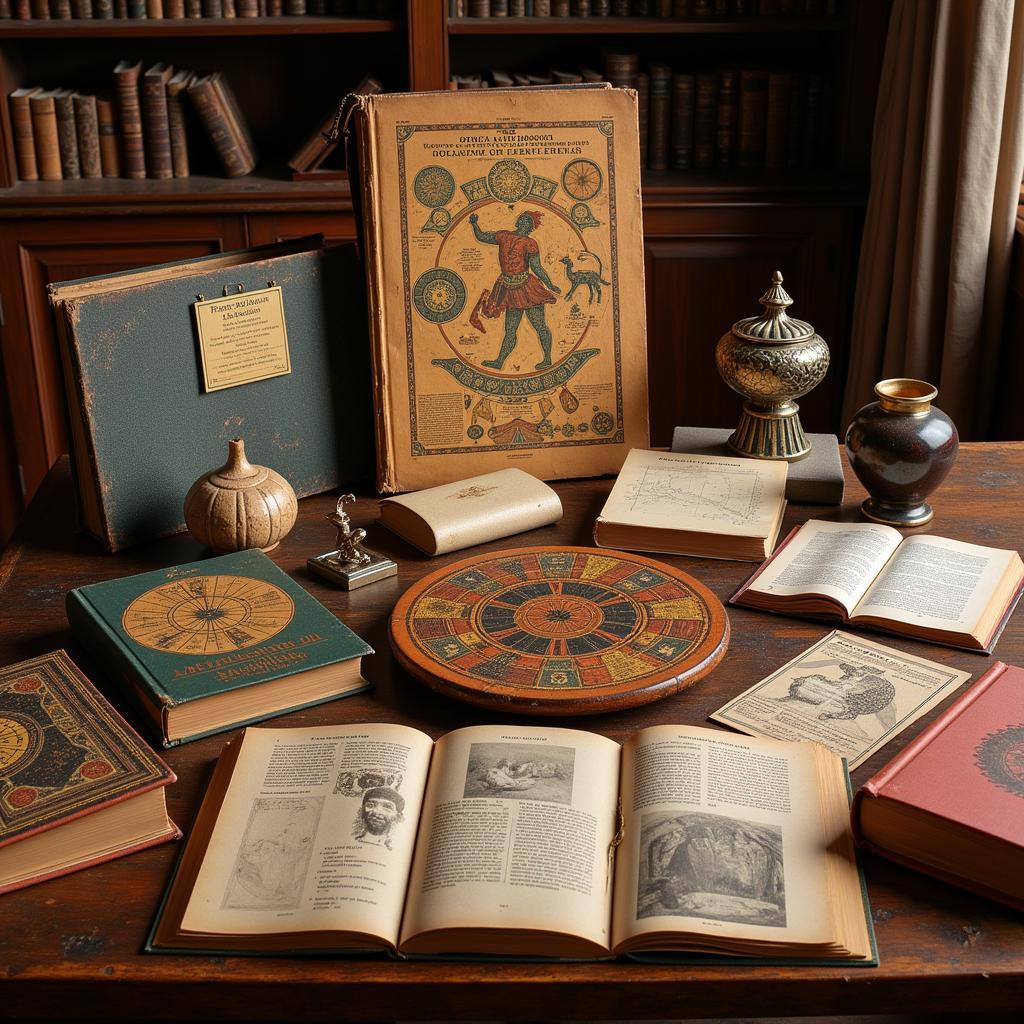Abraham Lincoln and African Americans: A Complex Relationship
Abraham Lincoln’s legacy is forever intertwined with the emancipation of enslaved African Americans. But the story of Lincoln and his relationship with Black people in America is far more nuanced than a simple narrative of hero and savior. To truly understand Lincoln’s impact, we must explore his evolving views on slavery, his political maneuvering, and the realities of life for African Americans during his presidency.
Lincoln’s Early Views on Slavery
Born in Kentucky in 1809, Lincoln witnessed the brutality of slavery firsthand. However, his early views on the institution were complex and often contradictory. He publicly opposed slavery, calling it morally wrong, but also believed in the colonization of Black people to Africa, a stance popular among white abolitionists at the time. This reflected the prevailing racial prejudices of the era, even among those who opposed slavery.
Lincoln’s political career began in the Whig party, which opposed the expansion of slavery into new territories. He gained national recognition for his debates with Stephen Douglas, a proponent of popular sovereignty, which would allow residents of territories to decide whether or not to allow slavery. Lincoln’s eloquent arguments against the expansion of slavery, captured in his famous “House Divided” speech, helped him win the presidency in 1860.
The Civil War and the Emancipation Proclamation
The election of Lincoln, a staunch opponent of slavery expansion, was the catalyst for the Southern states to secede from the Union, sparking the American Civil War. Initially, Lincoln framed the war as a fight to preserve the Union, not to abolish slavery. However, as the war progressed and the human cost of slavery became increasingly apparent, Lincoln’s views evolved.
In 1863, Lincoln issued the Emancipation Proclamation, a landmark document that declared “that all persons held as slaves” within the rebellious states “are, and henceforward shall be free.” This executive order, issued amidst the war, changed the course of American history. It transformed the war from a struggle to preserve the Union into a moral crusade for freedom.
The Emancipation Proclamation had a profound impact on African Americans. While it did not immediately free all enslaved people, it empowered them to escape to Union lines and join the fight for their freedom. Over 200,000 Black soldiers served in the Union Army and Navy, contributing significantly to the Union victory.
Lincoln’s Legacy and African Americans
Lincoln’s assassination in 1865, just days after the Confederate surrender, was a devastating blow to the newly emancipated African Americans. He had become a symbol of hope and freedom, and his death left a void in leadership during a critical period of Reconstruction.
Despite his commitment to ending slavery, Lincoln’s views on racial equality were complex and incomplete. He believed in the inherent inferiority of Black people and supported colonization efforts even after issuing the Emancipation Proclamation. While he recognized the injustice of slavery, he did not fully embrace the concept of racial equality.
Examining Lincoln’s Complex Legacy
Today, Lincoln’s legacy is the subject of ongoing debate. He is revered as the “Great Emancipator” who freed enslaved people and saved the Union. However, his complex views on race and his support for colonization remind us that even those who fight for justice can hold contradictory beliefs.
It is crucial to acknowledge the complexities of Lincoln’s relationship with African Americans. While he played a pivotal role in ending slavery, he also held beliefs that would be considered racist by today’s standards. Understanding this complexity allows for a more nuanced and accurate understanding of his legacy and the ongoing struggle for racial equality in America.
FAQs
1. What was Lincoln’s position on slavery before the Civil War?
Lincoln opposed the expansion of slavery into new territories but did not initially advocate for its abolition. He believed in colonizing Black people to Africa, a view shared by many white abolitionists at the time.
2. Why did Lincoln issue the Emancipation Proclamation?
Lincoln issued the Emancipation Proclamation in 1863 as a strategic move to weaken the Confederacy by depriving them of enslaved labor and to bolster the moral cause of the Union.
3. Did Lincoln believe in racial equality?
While Lincoln believed slavery was morally wrong, his views on racial equality were complex. He believed in the inherent inferiority of Black people and supported colonization efforts even after the Emancipation Proclamation.
4. What is Lincoln’s legacy for African Americans?
Lincoln’s legacy for African Americans is complex and multifaceted. He is celebrated as the “Great Emancipator” but also criticized for his paternalistic views on race. His legacy continues to be debated and re-examined in the context of the ongoing struggle for racial justice.
5. How did the Emancipation Proclamation impact the Civil War?
The Emancipation Proclamation transformed the Civil War from a fight to preserve the Union into a moral crusade for freedom. It allowed Black men to enlist in the Union Army, significantly boosting Union forces and contributing to the eventual Union victory.
You Might Also Be Interested In:
Need help with your research or looking to learn more about African culture and history? Contact us at +255768904061, email us at kaka.mag@gmail.com, or visit us at Mbarali DC Mawindi, Kangaga, Tanzania. Our team is available 24/7 to assist you.


